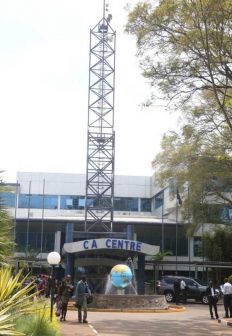×
The Standard e-Paper
Join Thousands Daily

NAIROBI, KENYA: Internet service providers (ISPs) and all mobile network operators will soon be subjected to a new law.
The proposed law is contained in a draft Wireless Broadband Spectrum Policy published last week by the Ministry of Information, Communication and Technology as the Government moves to overhaul the existing spectrum management framework.